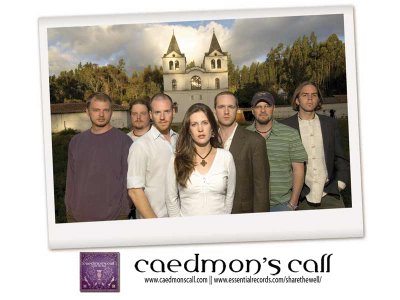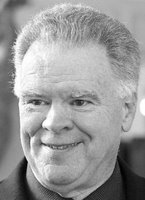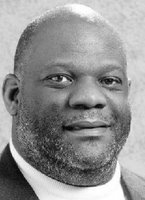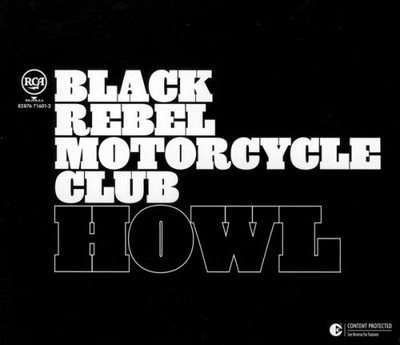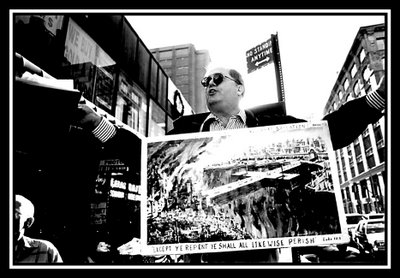
I knew a guy in college named Ron Shamberger. He was the nicest guy you could hope to meet. I didn’t know him well, but I knew him well enough to say, “Hi.” Talk to him over a PBJ at Noon Bible Study at the Baptist Student Union, that kind of thing. He always smiled and shook your hand. Always pitched in his 50 cents for a crummy PBJ. He was one of hundreds of normal, clean-cut, middle-class, college students I knew. Just like everybody else.
One night, Ron broke into his girlfriend’s apartment and shot her in her bed. He carried her body to his car and started to put it in the trunk. Then he saw a gas can and had a better idea. He carried her and the gas up to her apartment and torched the place. He drove around for a while and then went to his college pastor’s house in the middle of the night, knocked on the door, and confessed. Ron was put to death by the state of Texas a few years ago.
I understand that certain categories of people are more likely to behave in certain ways than others. Poor people are more likely to vote Democratic. Republicans are more likely to own guns. But I keep having to remind people I know that PEOPLE ARE JUST PEOPLE. I think that's my new slogan - people are just people. If I grew up in South Philly, I'd be more likely to vote Democratic. If I grew up in Corsicana, Texas, I'd be more likely to own a gun.
Sure, we’re all born with different passions, different temperaments. But we’re pretty much the same. Even those of us who are “new creations in Christ Jesus” are befuddled by the same human nature as the rest of our human brethren. Beautiful messes. Dirty and shimmering.
Consider this: If it had been the Kenyans – and not the English and Spaniards – who got the wild hair to explore the world and imperialize our continent; and it had been the white people whom those Kenyans later brought to America and enslaved; and it had been the white people who marched and rallied and suffered and persevered through the Civil Rights Movement, then it would be the white portion of our population today that would more often grapple with issues of fatherless families, violence, white-on-white crime, and poverty. If you don’t believe that – if you think somehow that people of the white race would have “pulled themselves up by their bootstraps” after emancipation or Brown v. Board of Education – then you’re six kinds of screwed up.
How about another scenario? Let’s say that the prophet who rose in the seventh century wasn’t named Muhammad but Maurice. Let’s say that the Ottomans, rather than losing their empire, kept their peace and their edge in math and science. Let’s say that Greece’s influence moved east instead of west. Let’s say that Europe became home to Islam while the Middle East underwent an enlightenment. If you think for one second that the fair-skinned Francs wouldn’t be blowing each other up and causing a lot of tension in the world community today, you’re not thinking at all.
People are just people.
I really think much of the Middle Eastern culture is barbaric. (I know, not a PC viewpoint.) But I don’t think it’s because Jordanians or Syrians are, in their mettle – in their genes, barbaric. I think if you plucked a young Iranian out of his home when he’s young and put him in my hometown, he’s much more likely NOT to grow up to wage jihad. (I know. He could kill his girlfriend. But Ron was a statistical anomaly that only proves my point.) On the other hand, if you took me out of my white, middle class home and dropped me into Fallujah as a baby, I would be just as likely as the next kid in the mosque to blow up a bus.
In the words of Depeche Mode: People are people so why should it be you and I should get along so awfully?

